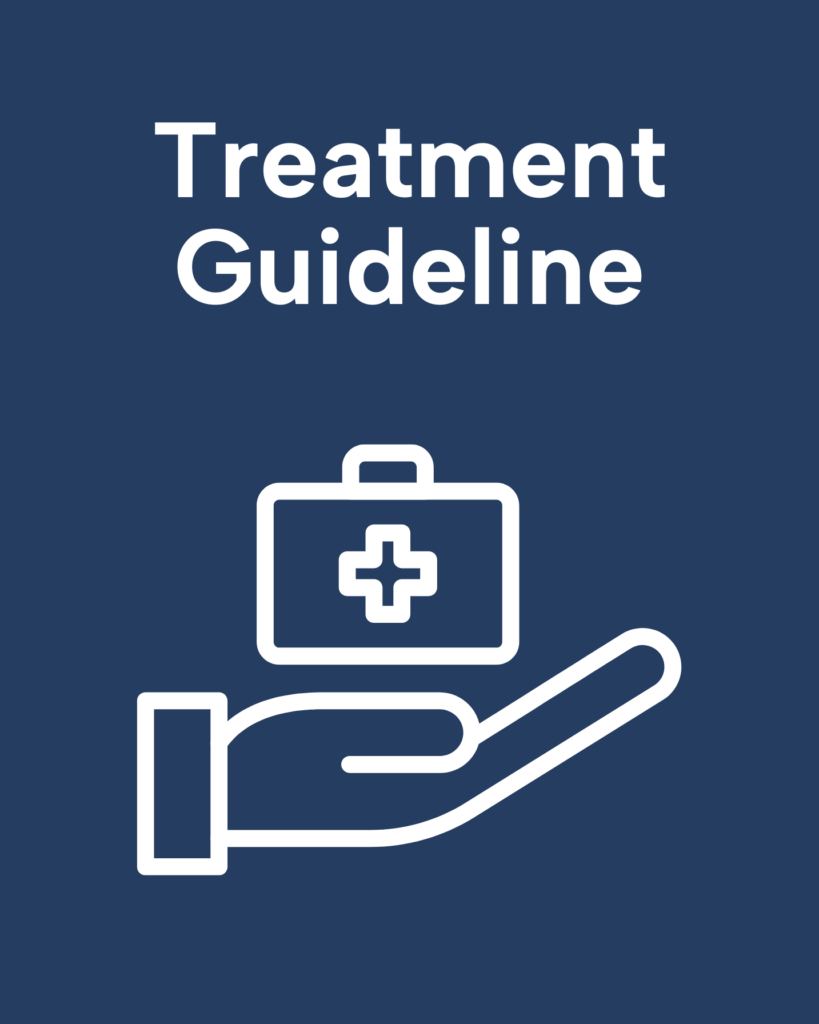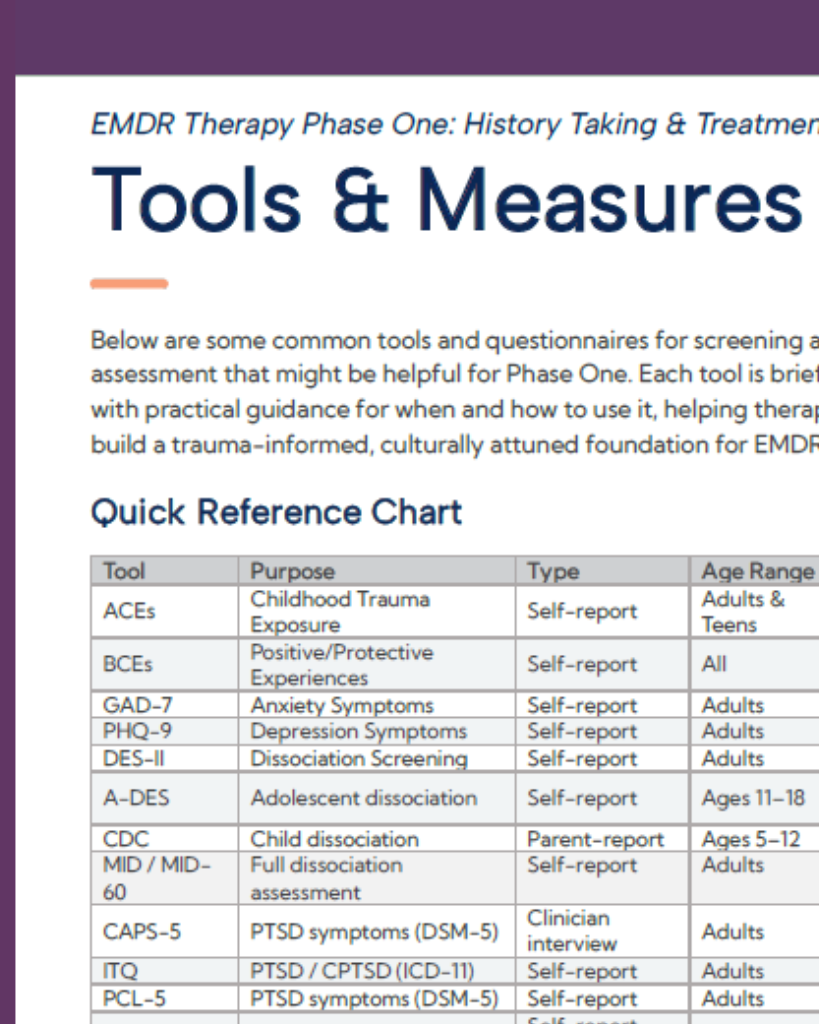Guidelines for the Evaluation and Treatment of Dissociative Symptoms in Children and Adolescents
Practical guide to the management of child and adolescent patients with dissociative identity disorder based on current scientific knowledge & informed clinical practice.
Treatment Guideline Description
“Although the ISSD Adult Guidelines are specifically directed to the treatment of Dissociative Identity Disorder (DID), dissociation in children may be seen as a malleable developmental phenomenon that may accompany a wide variety of childhood presentations. Symptoms of dissociation are seen in populations of children and adolescents with other disorders such as Post-Traumatic Stress Disorder (PTSD; Putnam, Hornstein, & Peterson, 1996), Obsessive-Compulsive Disorder (OCD; Stien & Waters, 1999) and reactive attachment disorder, as well as in general populations of traumatized and hospitalized adolescents (Sanders & Giolas, 1991; Atlas, Weissman, & Liebowitz, 1997) and delinquent adolescents (Carrion & Steiner, 2000). These treatment principles, therefore, are intended for children and adolescents with diagnosed dissociative disorders, as well as for those with a wide variety of presentations accompanied by dissociative features. In other words, the Guidelines identify general principles applicable to dissociative processes regardless of the child’s* presenting diagnosis.
Diagnosis itself seldom communicates much about the nature of the child and his or her world. These Guidelines are not intended to be a basis for differential diagnosis. While a dissociative diagnosis specifically geared to children has been proposed (Peterson, 1991), this has not been included in the Diagnostic and Statistical Manual of Mental Disorders, Fourth Edition, Text Revision (DSM-IV-TR; American Psychiatric Association, 2000). Although even very young children appearing to meet the criteria for DID have been described (Putnam, 1997; Riley & Mead, 1988), the prevalence of DID in childhood is currently unknown. The diagnosis of Dissociative Disorder Not Otherwise Specified (DDNOS) is the most common in populations of dissociative children and adolescents (Putnam et al., 1996), even though no diagnostic criteria have been set for this diagnosis. While individual case studies of children with puzzling and atypical dissociative presentations described variously as Depersonalization Disorder (Allers, White, & Mullis, 1997), Dissociative Amnesia or Dissociative Fugue (Coons, 1996; Keller & Shaywitz, 1986), and DID (Jacobsen, 1995) continue to be published in peer-reviewed journals, there is still no real consensus about the typical case and thus no consensus about diagnostic criteria. For this reason, in these Guidelines the perspective on assessment and treatment is symptom-based.
* The word child is generally used in these guidelines to mean both children and adolescents through high school age.”
—Description from publisher
Treatment Guideline Access
Open Access
International Society for the Study of Trauma and Dissociation (ISSTD) Task Force on Children and Adolescents. (2003). Guidelines for the evaluation and treatment of dissociative symptoms in children and adolescents. DOI: 10.1300/J229v05n03_09 Retrieved from: https://www.isst-d.org/resources/child-adolescent-treatment-guidelines/
Date
January 1, 2003
Topics
Dissociation
Client Population
Adolescents, Children
Extent
32 pages
Publisher
International Society for the Study of Dissociation
Rights
Rights managed by Taylor & Francis
APA Citation
International Society for the Study of Trauma and Dissociation (ISSTD) Task Force on Children and Adolescents. (2003). Guidelines for the evaluation and treatment of dissociative symptoms in children and adolescents. Retrieved from: https://www.isst-d.org/resources/child-adolescent-treatment-guidelines/
Audience
Other Mental Health Professionals
Language
English
Content Type
Treatment Guideline
Access Type
External Resource, Open Access





